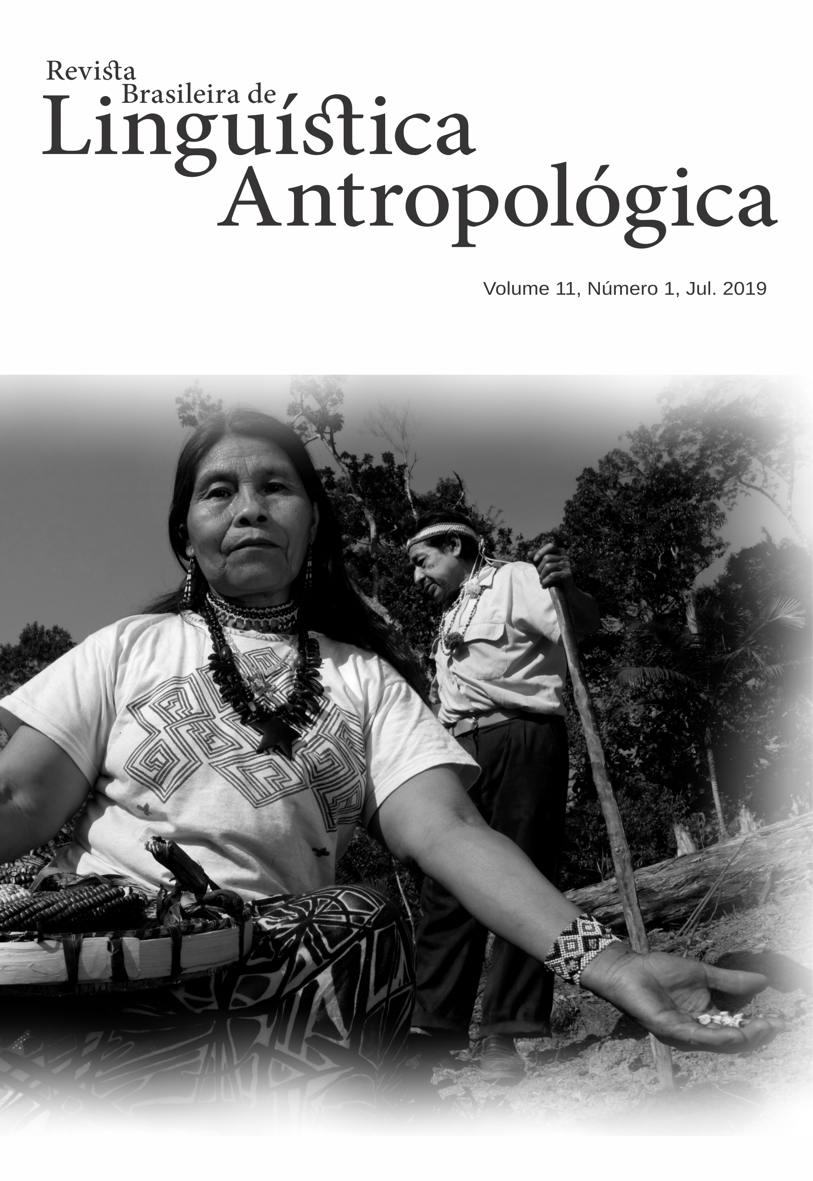Ñande reko: Guaraní traditional environmental knowledge fundamentals
DOI:
https://doi.org/10.26512/rbla.v11i1.23636Keywords:
Archaeology. History. Ethnobotany. Food security. Resource management.Abstract
This article presents some major issues of Guaraní´s environmental resource management in southern Brazil and in the Río de La Plata Basin. From a wide interdisciplinary database bequeathed by different authors since 16th century, it is possible to adopt as hypothesis that the Guaraní reproduced at their settlements a system of knowledge originally designed in the Amazon, framing the form, and function of their material culture, ecological, and botanical knowledge and practices. The basis of subsistence was the agroforestry polyculture of a plant of food, medicinal, and raw material transported and managed in the long term, including more species adopted in the new conquered areas. These characteristics made the Guaraní able to found settlements, manage plants and animal in diverse ecosystems, and to modify vegetation landscapes to provide food security.
Downloads
Downloads
Published
How to Cite
Issue
Section
License
Copyright (c) 2019 Revista Brasileira de Linguística Antropológica

This work is licensed under a Creative Commons Attribution 4.0 International License.
Authors who publish in RBLA agree to the following terms:
a) Authors maintain the copyright and grant the journal the right of first publication, and the work is simultaneously licensed under the Creative Commons Attribution License, which allows the sharing of the work with recognition of the authorship of the work and initial publication in this journal.
b) Authors are authorized to assume additional contracts separately, for non-exclusive distribution of the version of the work published in this journal (eg, publish in an institutional repository or as a book chapter), with recognition of authorship and initial publication in this journal.
c) Authors are allowed and encouraged to publish their work online (eg, in institutional repositories or on their personal page) at any point before or during the editorial process, as this can generate productive changes, as well as increase impact and citation of the published work.







